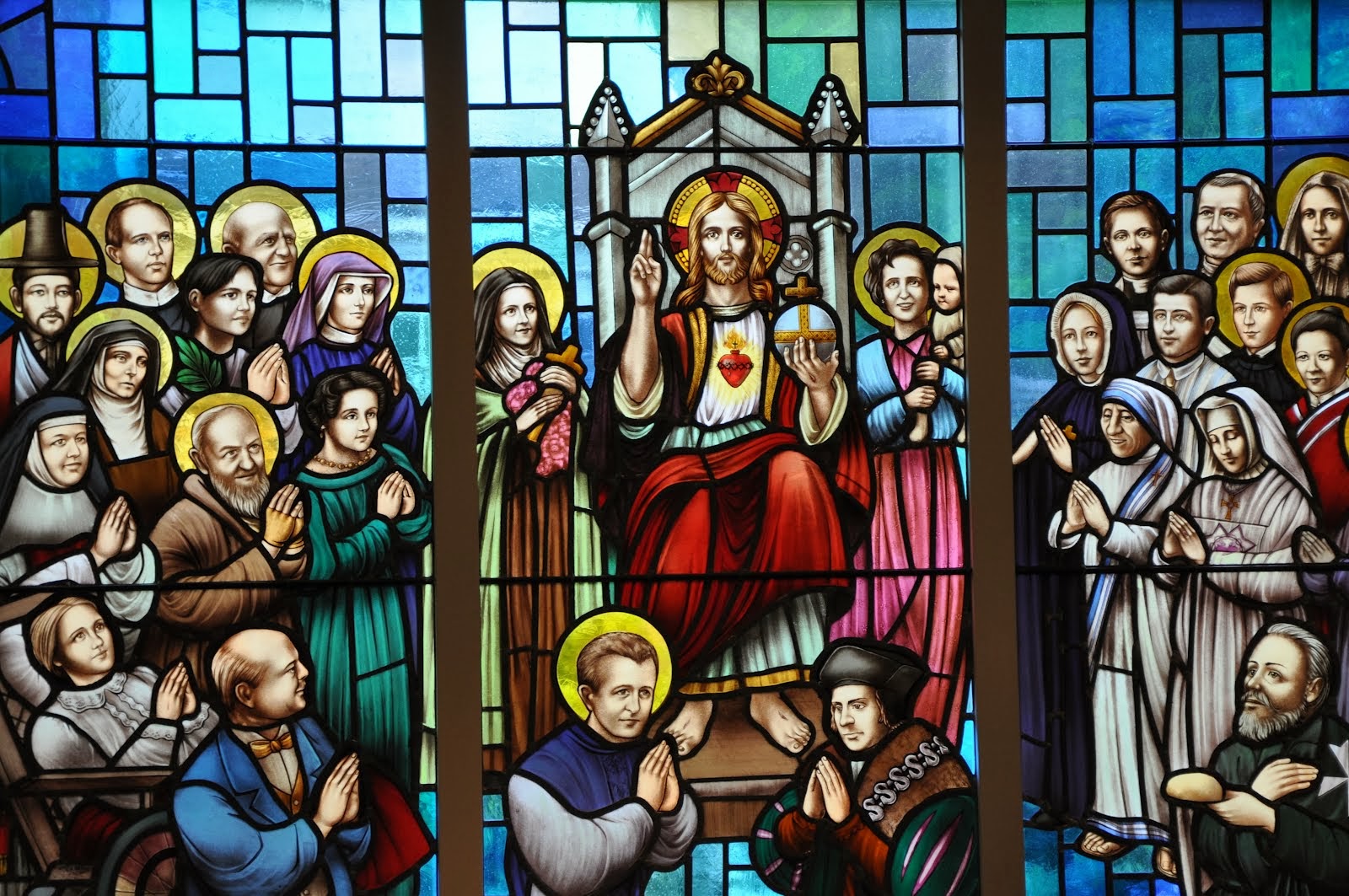
“Prayer is the light of the spirit. Prayer and converse with God is a supreme good.…I do not mean the prayer of outward observance but prayer from the heart, not confined to fixed times or periods, but continuous throughout the day and night. Our spirit should be quick to reach out toward God not only when it is engaged in meditation; at other times also, when it is carrying out its duties, caring for the needy, performing works of charity, giving generously in the service of others, our spirit should long for God, and call him to mind, so that these works may be seasoned with the salt of God’s love, and so make a palatable offering to the Lord of the universe. The spirit… like a child crying tearfully for its mother, it craves the milk that God provides. It seeks the satisfaction of its own desires, and receives gifts outweighing the whole world of nature.…I speak of prayer, not words. It is the longing for God… a gift not given by man but by God’s grace. The apostle Paul says: We do not know how we are to pray but the Spirit himself pleads for us with inexpressible longings. St. John Chrysostom (4th-5th centuries, Doctor of the Church)
“Virtues are formed by prayer. Prayer preserves temperance. Prayer suppresses anger. Prayer prevents emotions of pride and envy. Prayer draws into the soul the Holy Spirit, and raises man to Heaven.” St. Ephraim of Syria (4th-5th centuries)
“Prayer maintains the equilibrium of the world, reconciles people to God, produces holy tears, forms a bridge over temptations, and acts as a buttress between us and affliction.” St. John Climacus (6th-7th centuries)
“The world is my cloister, my body is my cell, and my soul is the hermit within.” St. Francis of Assisi (12th-13th centuries)
“Never give up prayer, and should you find dryness and difficulty, persevere in it for this very reason. God often desires to see what love your soul has, and love is not tried by ease and satisfaction.” St. John of the Cross (16th century, Doctor of the Church)
“Our dear God loves to be bothered” St. John Vianney (18th-19th centuries)
“Love is born of ardent prayer; be therefore first of all a soul of prayer.” St. Peter Julian Eymard (19th century)
“Our soul also is a house of prayer. Prayer should rise unceasingly from it to heaven, like the smoke of incense.” Bl. Charles de Foucauld (19th-20th centuries)
“A soul that is not faithfully devoted to praying can recite the Divine Office, assist at Holy Mass, receive the sacraments, hear the word of God, but its progress will often be mediocre. Why is that? Because the principle author of our perfection and of our holiness is God Himself, and prayer keeps the soul in frequent contact with God; it establishes, and having established keeps going, a fire-hearth in the soul, as it were – one where, even if it is not in action all the time, love’s fire is all the time smoldering, at least. And as soon as that soul is put into direct communication with the Divine life (for instance in the sacraments) this is like a strong breath of air that sets the soul ablaze, stirs it up, fills it with a marvelous superabundance.” Bl. Columba Marmion (19th-20th centuries)
“Russian people repeated the Jesus Prayer constantly: ‘Lord Jesus Christ, Son of the living God, be merciful to me, a sinner.’ So did the Fathers of the Desert and others. The Jesus prayer is an interiorized prayer. You don’t need to move your lips to repeat it continually in your heart. I can be speaking with you while saying the prayer interiorly. The repetition of a name quietly in my heart constantly brings that person to mind, draws Him to me.” Servant of God Catherine de Hueck Doherty (19th-20th century)
“The prayers of the Saints in heaven and of the just on earth are a perfume which never will be lost.” St. Pio of Pietrelcina (19th-20th centuries)
